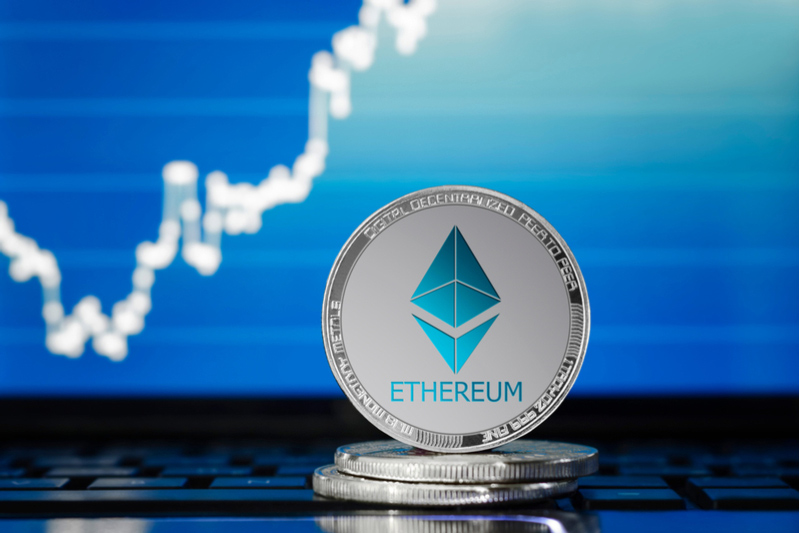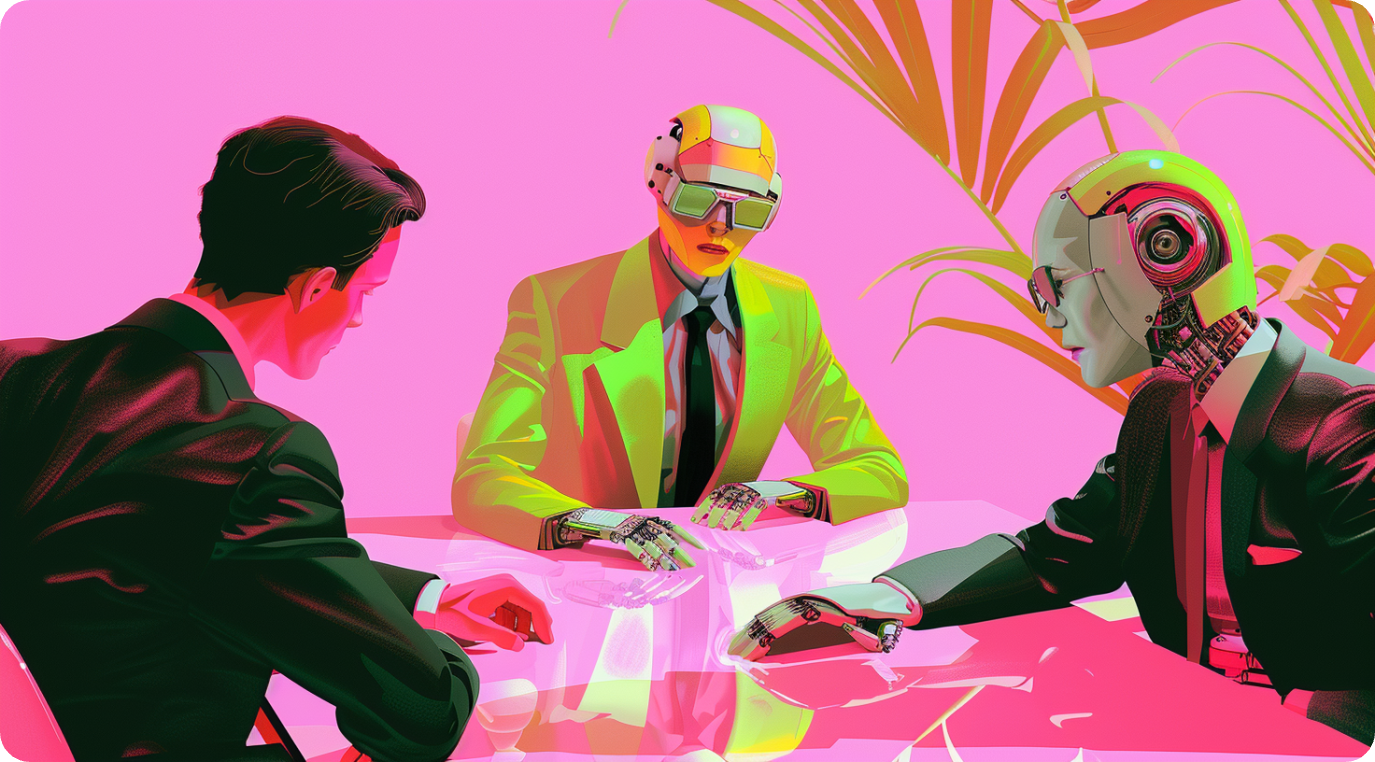



The intersection of artificial intelligence (AI) and cryptocurrency is rapidly evolving, with AI agents emerging as a significant force in the market. These autonomous software programs are capable of dynamic decision-making, allowing them to adapt and respond to market conditions in real-time. Recent developments, such as the Terminal of Truths and the $GOAT memecoin, highlight the growing influence of AI in the cryptocurrency space, showcasing how AI can drive market trends and investment strategies [660ace79].
The Virtuals Protocol is paving the way for the creation and monetization of AI agents, enabling developers to build applications that leverage AI capabilities for various purposes. Additionally, platforms like Daos.fun are facilitating the establishment of AI agent-led hedge funds, further integrating AI into investment strategies within the crypto ecosystem. This evolution from AI 1.0 to AI 2.0 demonstrates positive momentum, indicating a shift towards more sophisticated AI applications in finance and investment [660ace79].
Despite the promising advancements, AI agents face several challenges, including issues related to hallucinations—where AI generates incorrect or misleading information—and the inherent complexities of blockchain technology. Currently, the state of AI agents in the crypto market resembles a demo phase, but significant growth and development are anticipated as the technology matures [660ace79].
In parallel, Bitcoin miners are increasingly repurposing their operations to cater to the burgeoning demand for AI computing power. Tech giants like CoreWeave are entering into substantial agreements with cryptocurrency mining companies to utilize their data centers for AI workloads. This shift is driven by the need for high-performance computing capabilities, which are essential for training and deploying AI models. CoreWeave's recent $3.5 billion deal with Core Scientific exemplifies this trend, as miners leverage their infrastructure to meet the energy demands of AI applications [461e61cc].
The integration of AI and cryptocurrency has the potential to transform various sectors, including healthcare, finance, and energy, by enhancing efficiency and productivity. However, the fusion also raises concerns regarding regulatory frameworks, privacy issues, and the risk of exacerbating existing inequalities. As the landscape evolves, stakeholders must navigate these challenges to harness the full potential of AI and crypto technologies [d38e3129].
Moreover, venture capitalists are increasingly interested in the convergence of AI and crypto, as evidenced by recent funding rounds for AI-focused projects within the cryptocurrency space. This growing attention from top investors signifies that the fusion of these technologies is becoming more attractive and viable for future innovations [53c28748].
Etherscan's recent launch of Code Reader, an AI-powered tool for interpreting Ethereum contracts, further illustrates the integration of AI in blockchain analytics. This tool, which utilizes ChatGPT to generate insights based on user prompts, marks a significant development in the use of AI for enhancing transparency and understanding within the crypto ecosystem [2aa8775b].